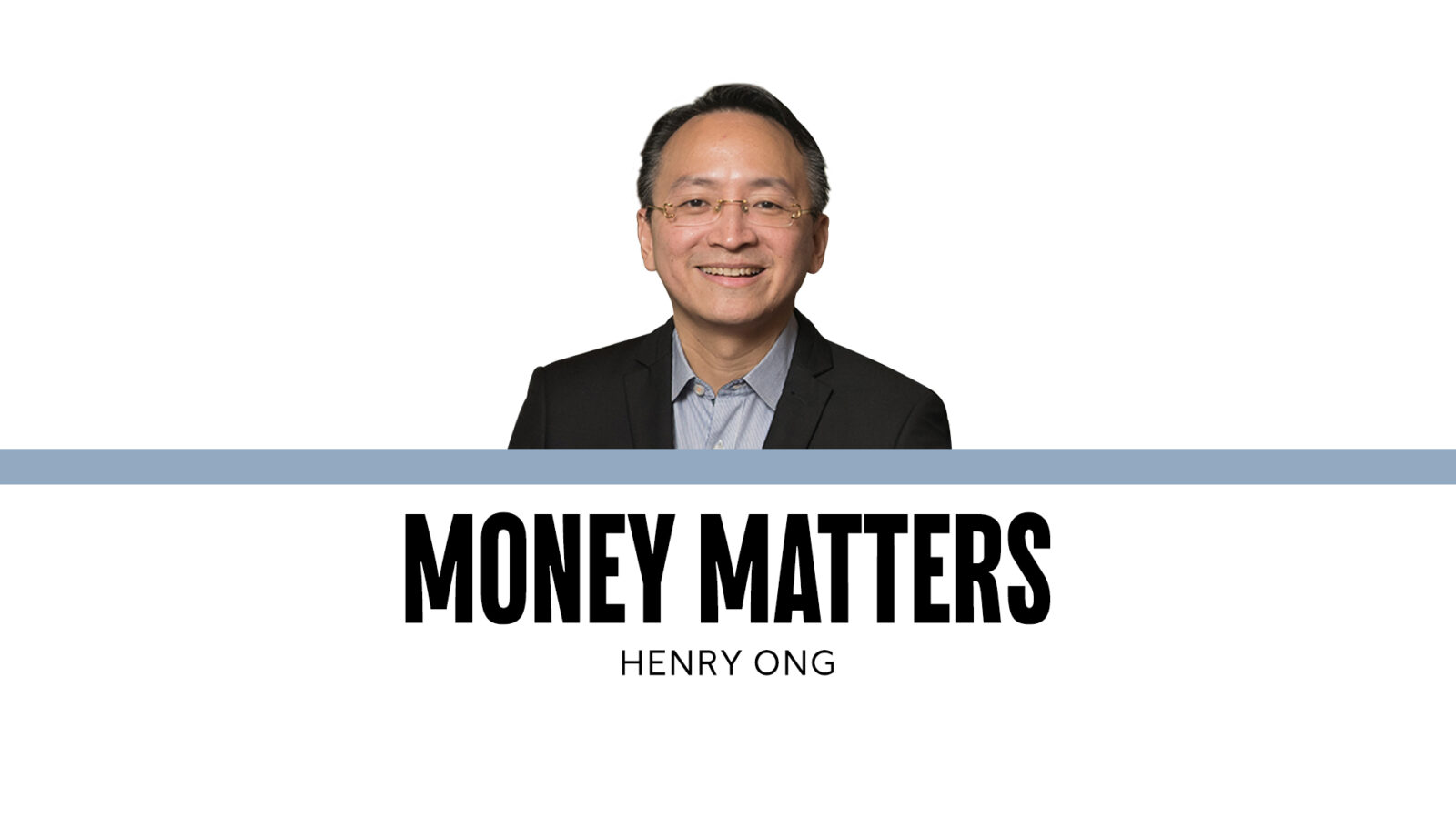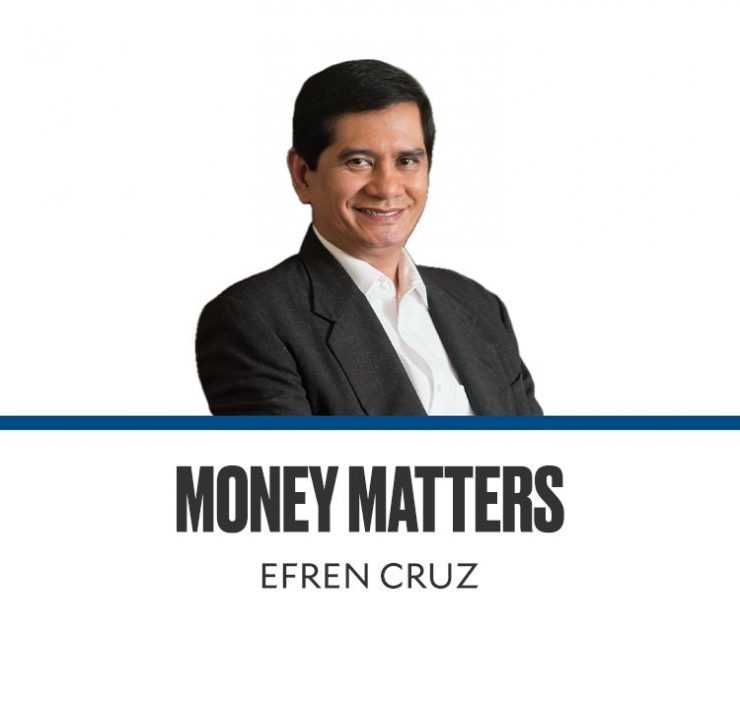How to enjoy your money without regret

Many people work hard to save and invest, yet when it comes to spending, they often feel guilty. For some, every purchase feels like a dent in their financial future. For others, impulsive buying leads to regret the next day. Either way, money becomes a source of stress rather than enjoyment.
Behavioral finance helps explain why. Studies show that people do not always spend rationally. Emotions, habits and mental shortcuts influence our decisions, sometimes leading to happiness and sometimes to regret. By understanding these patterns, we can use our money with less guilt and fewer regrets.
Traditional economics once assumed that people act rationally and that they weigh costs and benefits before making decisions. But research in psychology and behavioral finance shows that reality is far more complex.
Money is more than a way to pay for things. It carries emotions, which explains why people feel outraged when they see politicians misuse public funds on lavish lifestyles. Every choice to spend or save reflects our fears and hopes.
One reason spending feels complicated is what psychologists call anticipated regret. Studies led by Thomas Gilovich of Cornell University in 1998 on anticipated regret show that people often avoid spending because they imagine regretting it later. They picture a future where they wish they had saved instead.
Ironically, the same thing happens in reverse for impulsive spenders. They focus only on the excitement of buying and forget the regret that may come later. This push and pull is why spending often feels more emotional than logical.
Another reason is what researchers call mental accounting, a concept popularized by Richard Thaler in 1985. His study, published in the journal Marketing Science, showed that people divide money into separate mental “accounts,” such as essentials, savings and discretionary use.
Take dividends or bonuses as an example. Many people see them as money that is safe to spend, while selling investments feels more like taking money out of your nest egg. The money may be the same, but the psychology is very different.
If money is meant to make life better, then the real question is how we spend it in a way that truly makes us happy. Back in 2013, behavioral researchers Elizabeth Dunn and Michael Norton explained in their book “Happy Money” that happiness has less to do with how much you spend and more with what you spend it on.
Their research showed that experiences such as a vacation, a family celebration or even a simple day out with friends tend to create deeper and longer lasting joy than material purchases. A brand new gadget or luxury item might thrill you at first, but the feeling fades quickly while memories often grow more valuable with time.
Another study by Cassie Mogilner Holmes of UCLA and her colleagues in 2016 found that spending brings the most satisfaction when it matches personal values. People who used money to strengthen relationships, pursue growth or support meaningful goals reported higher life satisfaction than those who saved too much or spent without purpose. What this tells us is simple. Happiness is not about the size of your bank account but about how well your money supports the life you want to live.
Imagine three retirees with the same savings. The first is so worried about running out of money that he barely spends. He skips the trips he dreamed of and avoids hobbies he once wanted to try. When his health finally slows him down, he realizes the real loss was not the money but the memories he never made.
The second goes the other way. He spends too much on luxuries and drains his savings too fast. By the time he gets older, the lifestyle he once enjoyed becomes impossible to sustain. What remains is stress instead of comfort.
Then there’s the third. She sets aside enough for essentials and long-term security but also reserves a portion for enjoyment. She books trips early, savors the excitement of looking forward to them and creates memories with her family. By striking this balance, she avoids both the regret of holding back too much and the pain of spending too much.
These examples show what research has been saying all along. Regret usually does not come from spending money, but from spending it without purpose. If you save only out of fear, money does not protect you, it just traps you. If you spend it carelessly, it leaves you feeling empty. But if you use it for experiences and relationships that truly matter, it gives life more meaning.
The psychology of spending teaches us that financial success is not just about building wealth. It is about using money in ways that create both security and fulfillment. Research by Gilovich, Thaler, Dunn, Norton and Holmes all point to the same truth that happiness with money is never about the total you keep, but about whether it supports the life you want to live.
Henry Ong is a Registered Financial Planner of RFP Philippines. To learn more about investment planning, attend the 114th batch of RFP Program this January 2026. To register, e-mail at info@rfp.ph


















